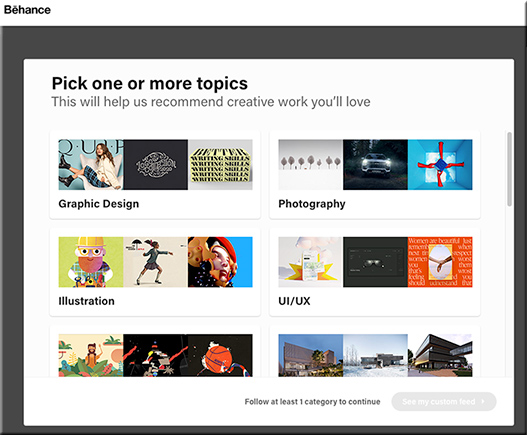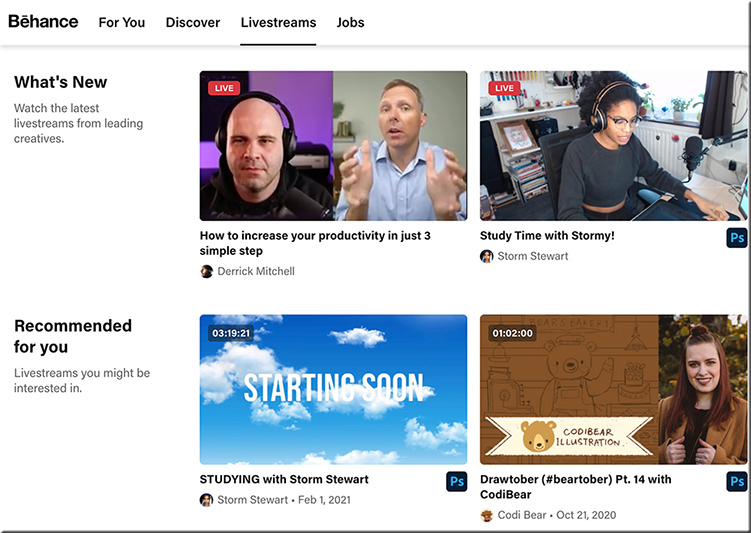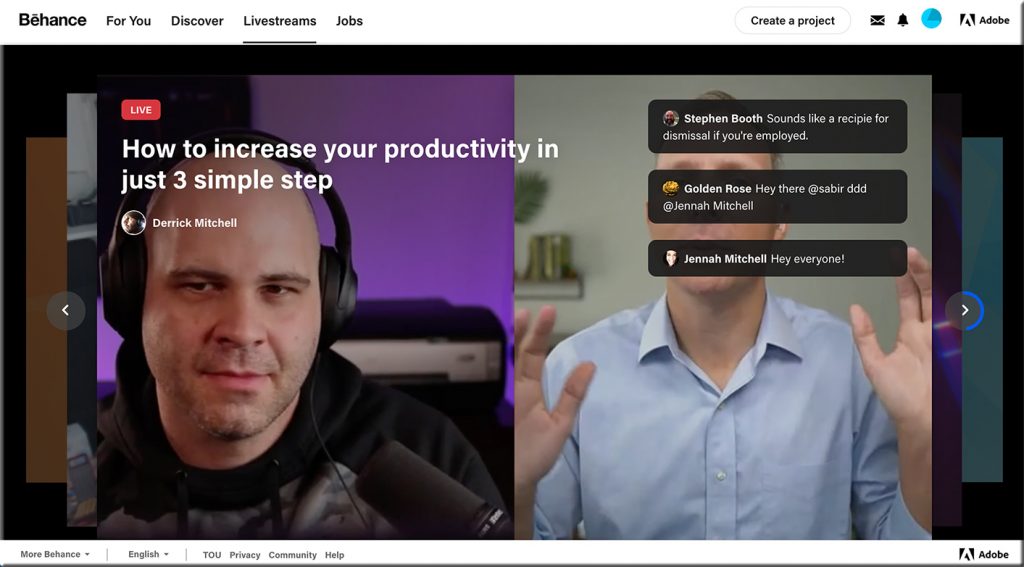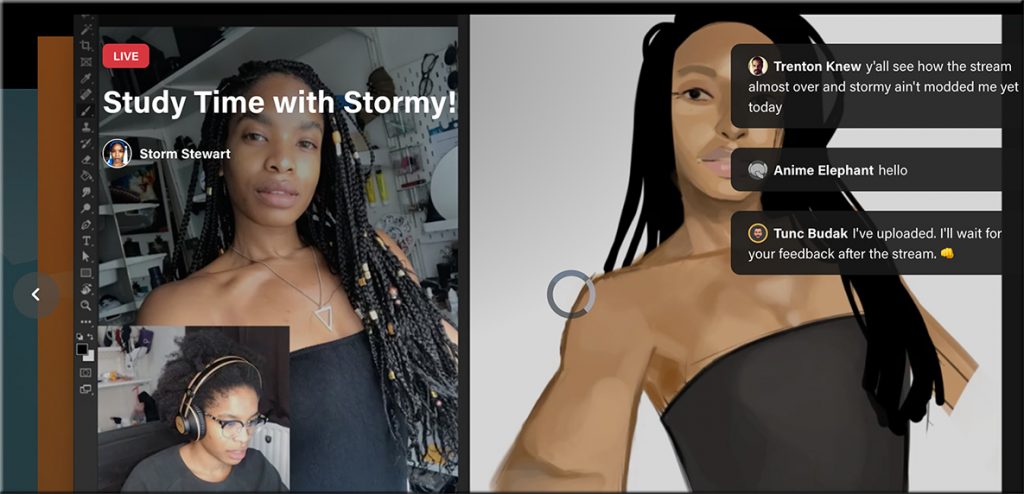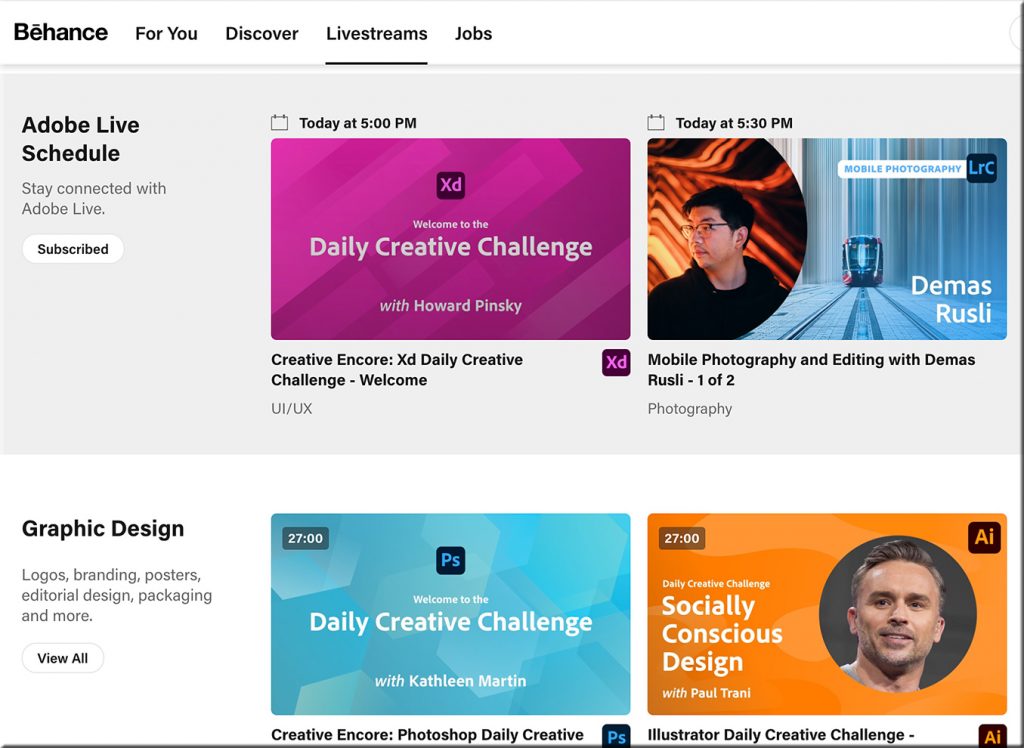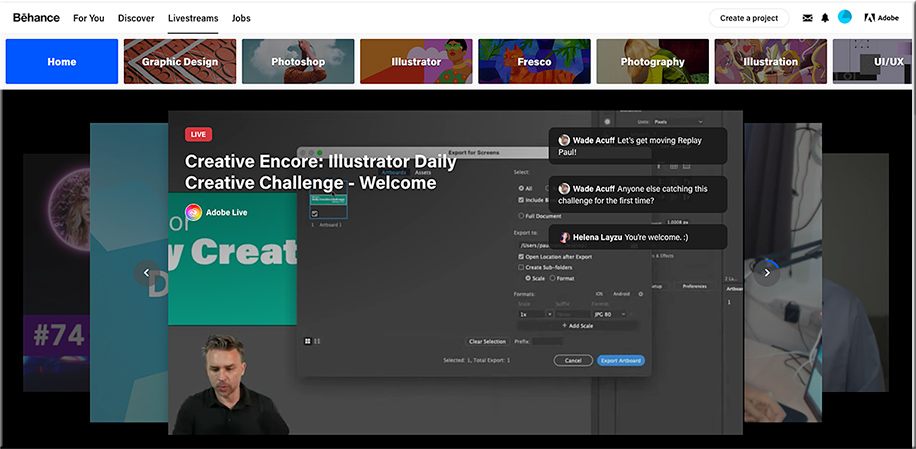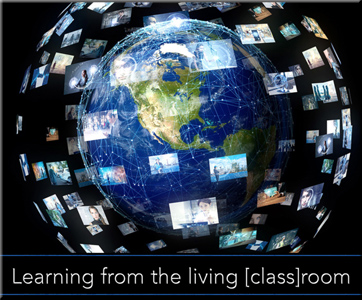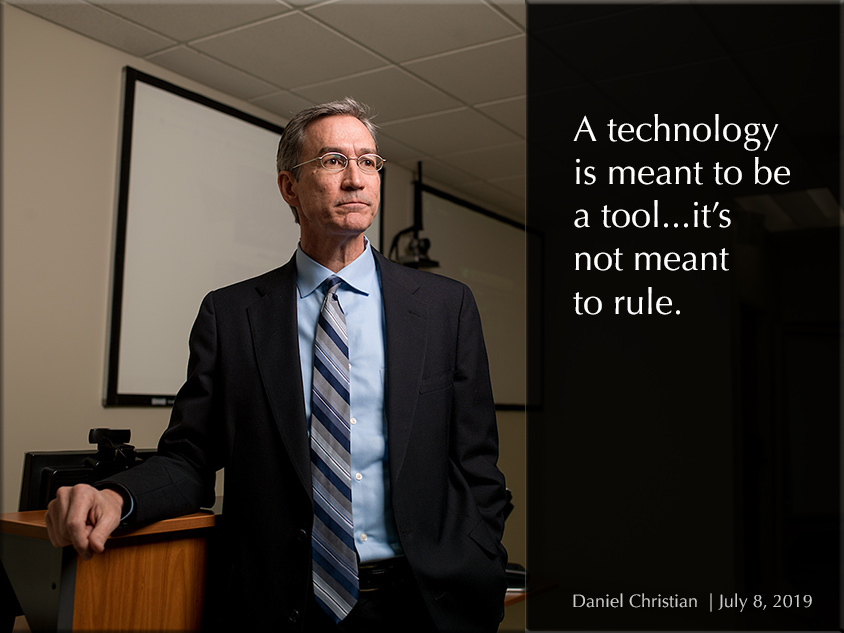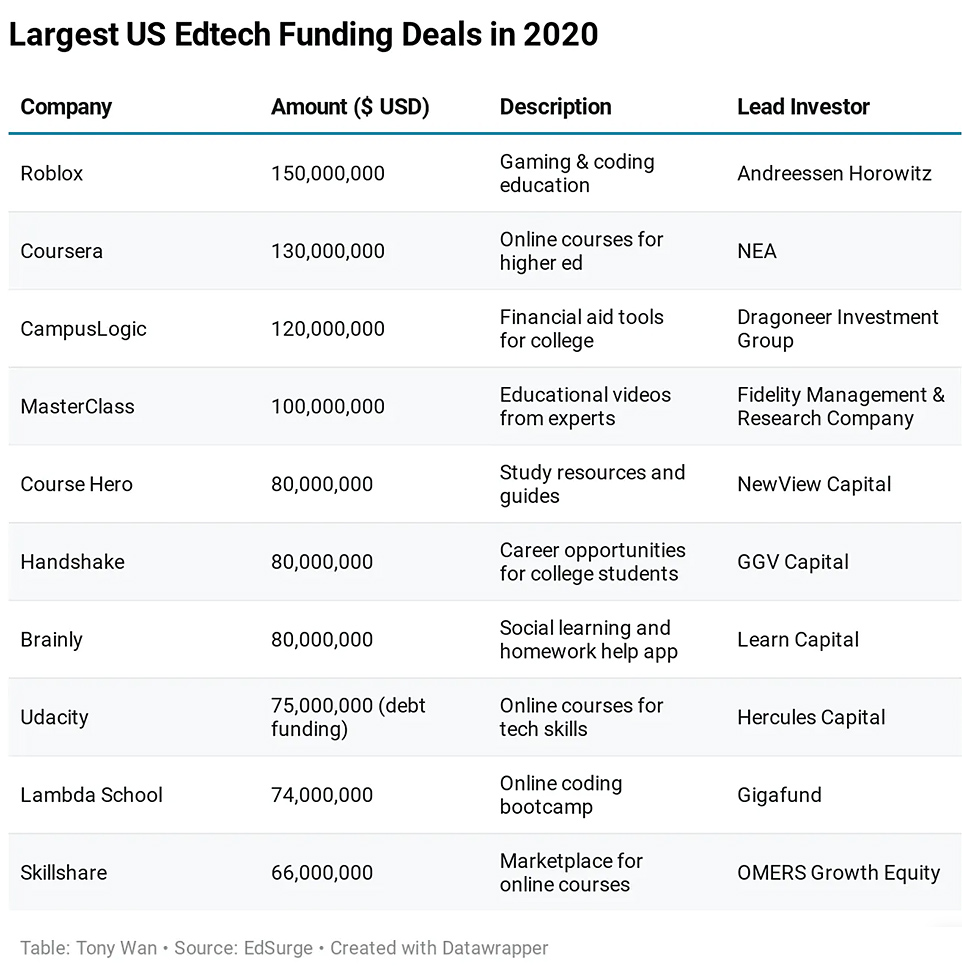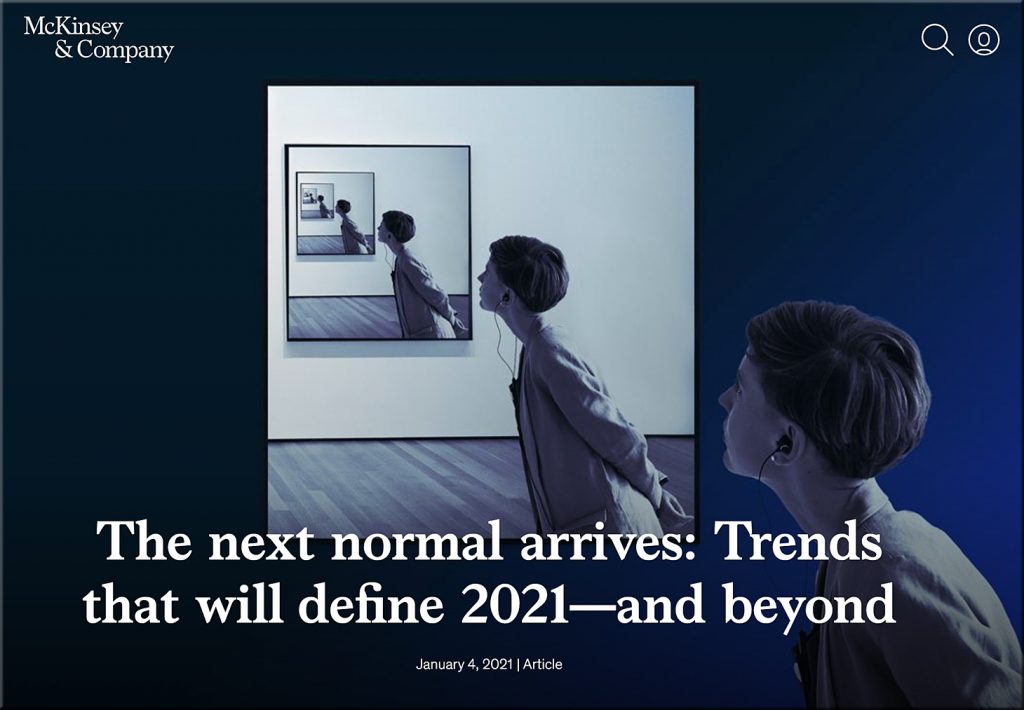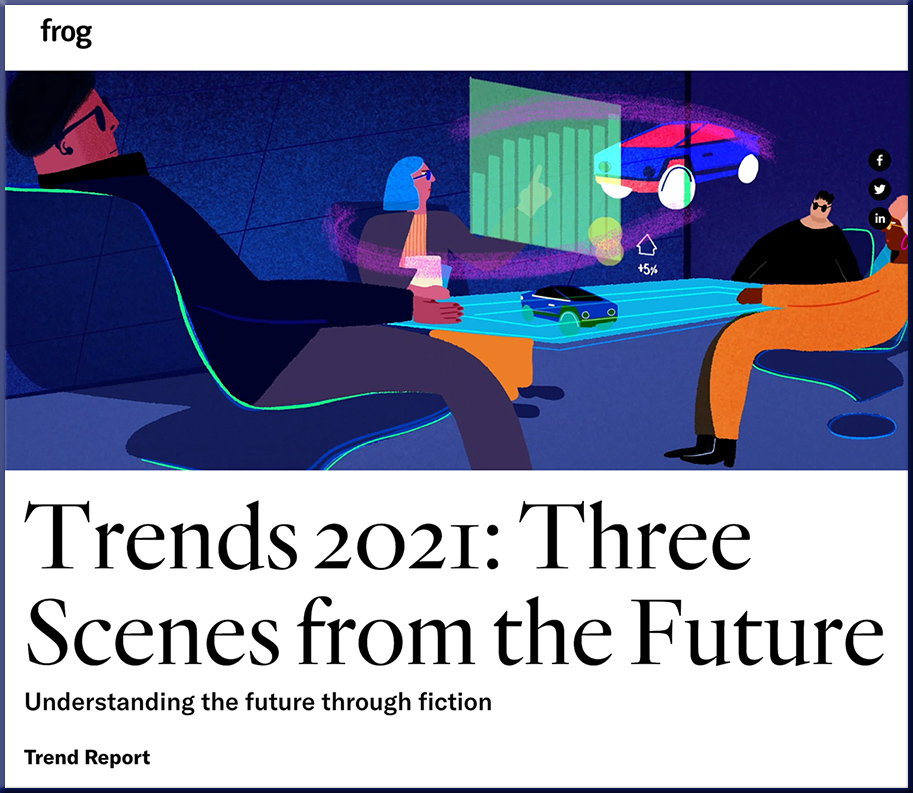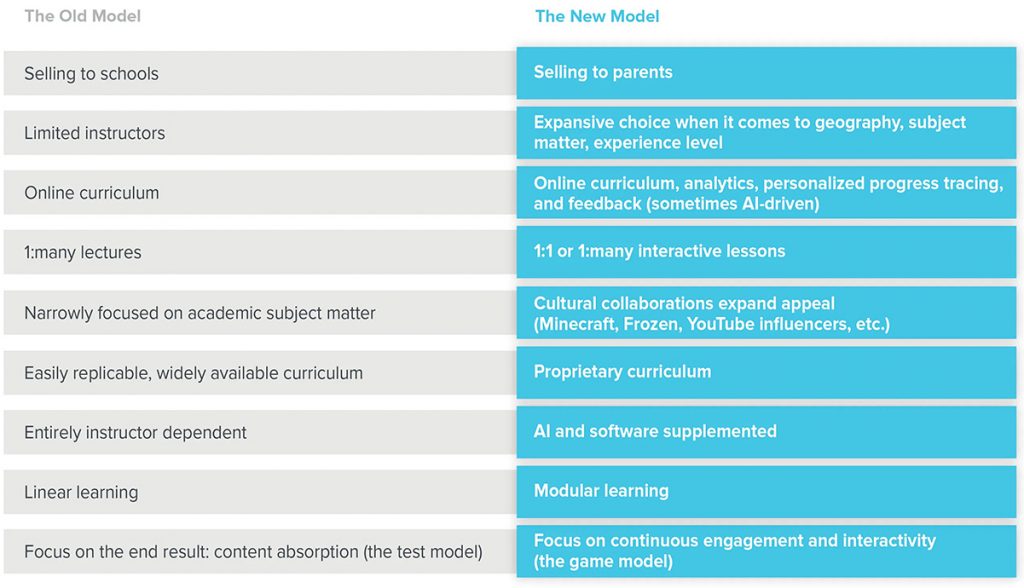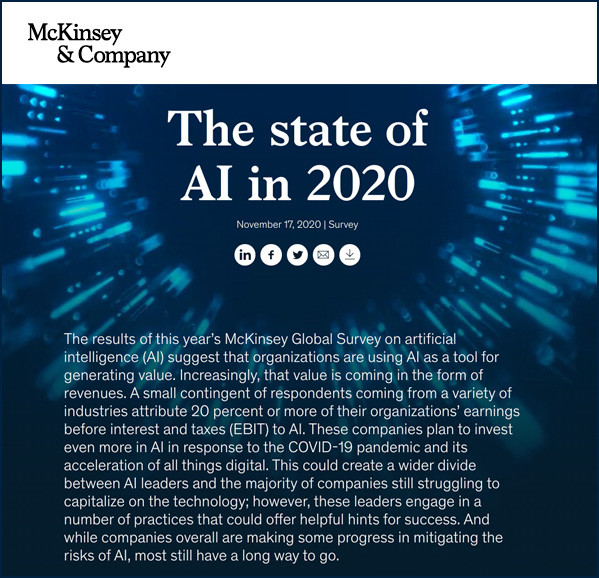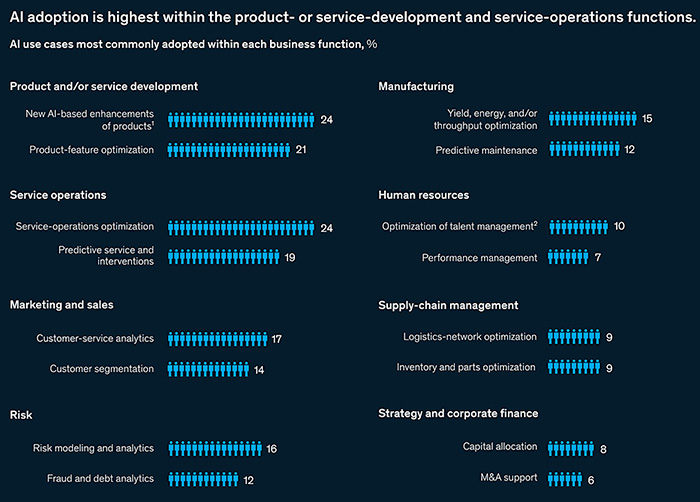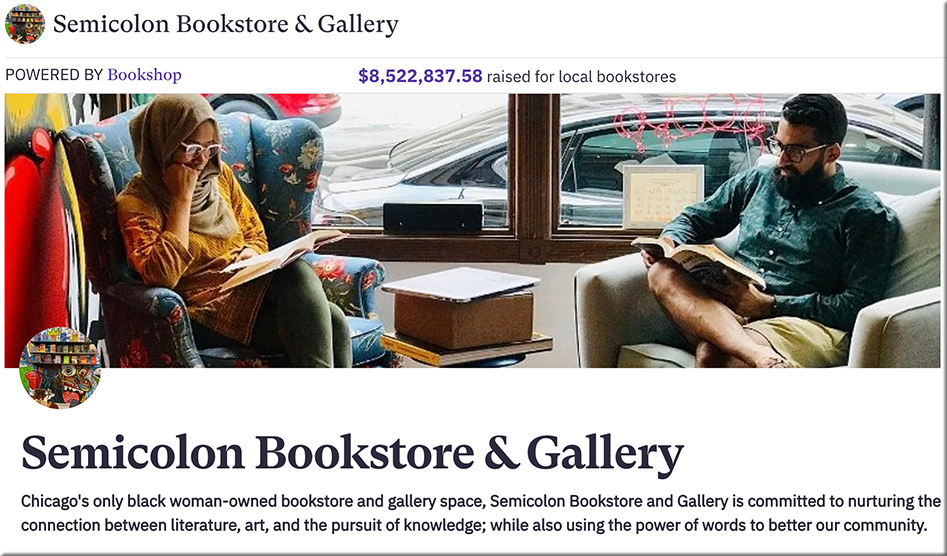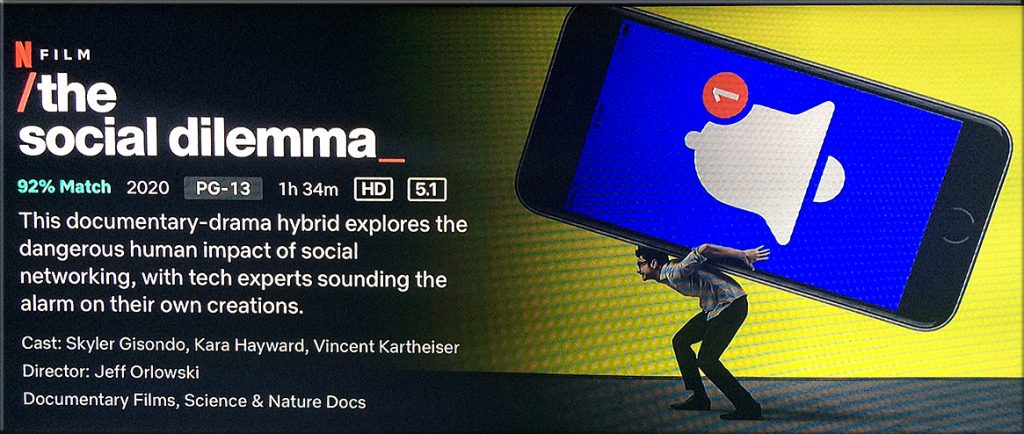The State of AI in Higher Education — from campustechnology.com by Dian Schaffhauser
Both industry and higher ed experts see opportunities and risk, hype and reality with AI for teaching and learning.
Excerpts:
Kurt VanLehn, the chair for effective education in STEM in the School of Computing, Informatics and Decision Systems Engineering at Arizona State University, knows how challenging it can be people to come up with examples of effective AI in education. Why? “Because learning is complicated.”
…
Nuno Fernandes, president and CEO of Ilumno, an ed tech company in Latin America, isn’t ready to count adaptive learning out yet, if only because adaptivity has worked in other industries, such as social platforms like Netflix and Amazon, to identify what could work best for the user, based on previous activities and preferred formats of curriculum.
As Ilumno’s Fernandes asserted, AI won’t “substitute for faculty in any of our lifetimes. What it will do is give us tools to work better and to complement what is being done by humans.”
From DSC:
The article is a very balanced one. On one hand, it urges caution and points out that learning is messy and complex. On the other hand, it points out some beneficial applications of AI that already exist in language learning and in matching alumni with students for mentorship-related reasons.
From my perspective, I think AI-based systems will be used to help us scan job descriptions to see what the marketplace needs and is calling for. Such a system would be a major step forward in at least pointing out the existing hiring trends, needed skillsets, job openings, and more — and to do so in REAL-TIME!
Colleges, universities, and alternatives to traditional higher education could use this information to be far more responsive to the needs of the workplace. Then, such systems could match what the workplace needs with courses, microlearning-based feeds, apprenticeships, and other sources of learning that would help people learn those in-demand skills.
That in and of itself is HUGE. Again, HUGE. Given the need for people to reinvent themselves — and to do so quickly and affordably — that is incredibly beneficial.
Also, I do think there will be cloud-based learner profiles…data that each of us control and say who has access to it. Credentials will be stored there, for example. AI-based systems can scan such profiles and our desired career goals and suggest possible matches.
We can change our career goals. We don’t have to be locked into a particular track or tracks. We can reinvent ourselves. In fact, many of us will have to.











